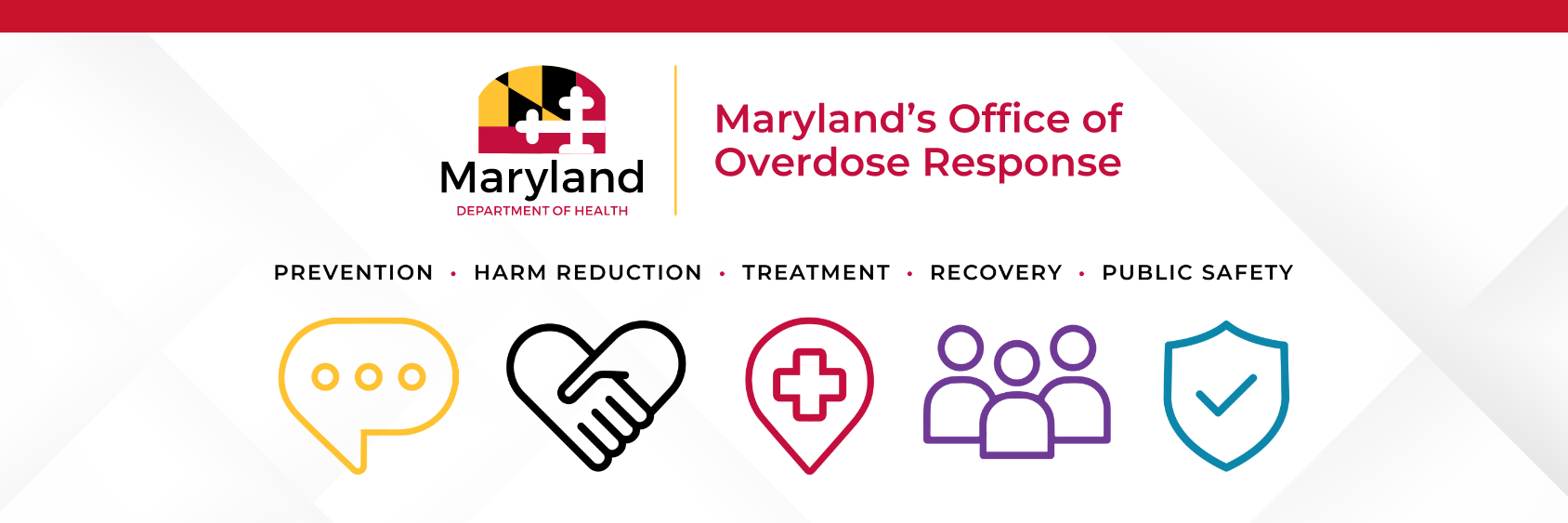Governor Larry Hogan Announces Appointment
Appoints Steve Schuh Executive Director of Opioid Operational Command Center
December 12, 2018
ANNAPOLIS, MD — Governor Larry Hogan today announced his appointment of former Anne Arundel County Executive Steve Schuh as executive director of Maryland’s Opioid Operational Command Center (OOCC). Schuh will serve as the state’s principal coordinator in the fight against the opioid crisis, replacing Clay Stamp, who will return to Talbot County as the assistant county manager and emergency services director.
“For the past two years, Clay Stamp worked tirelessly in his role to combat the heroin and opioid epidemic in Maryland. On behalf of Lt. Governor Boyd Rutherford and our entire administration, we thank him for his service to our state,” said Governor Hogan. “I know that Steve’s first-hand experience as county executive, including the local programs he championed to help to fight this crisis, will serve our state well as we continue working to save the lives of Marylanders every day.”
Schuh served as Anne Arundel County Executive from 2014-2018 and in the Maryland House of Delegates for eight years representing District 31. He holds a bachelor’s degree in economics and government from Dartmouth College and master’s degrees in business and in education from Harvard University and Johns Hopkins University.
“I want to thank Governor Hogan and Lt. Governor Rutherford for the opportunity to serve the administration and the people of Maryland in this vital way,” said Schuh. “We aligned our three-pronged approach to fighting the opioid epidemic in Anne Arundel County with the governor’s strategy, and I look forward to working hand-in-hand with our communities and partners across the state to continue to fight this crisis.”
Under Schuh’s leadership, Anne Arundel County launched the Safe Stations program, which designates each Anne Arundel County and Annapolis City fire station, as well as county and city police stations, as a safe environment for individuals looking for assistance to start their path to recovery from heroin and opioid addiction. The county also created “Not My Child,” an initiative aimed at providing the facts of prescription drug misuse and educating parents, families, and communities on the impact of substance use disorder.
“Steve’s work in Anne Arundel County helped to open the community’s eyes to the opioid epidemic and that it is not just one person’s problem, it affects the community as a whole” said Angel Traynor, founder and director of Serenity Sistas’ Inc. “So much good has come out of his ability to recognize this crisis and go after ways to solve it.”
Schuh’s appointment coincides with the issuance of revisions to the executive order establishing and governing the OOCC. The amended order names Lt. Governor Rutherford as the chair of the Inter-Agency Heroin and Opioid Coordinating Council, formalizes the structure of the OOCC and establishes it within the Maryland Emergency Management Agency (MEMA), and designates the 24 Opioid Intervention Teams that have been developed in each jurisdiction as the mechanism for distributing funds provided through the OOCC.
Before It’s Too Late is the state’s effort to bring awareness to this epidemic—and to mobilize resources for effective prevention, treatment, and recovery. Marylanders grappling with a substance use disorder can find help at BeforeItsTooLateMD.org or by calling 211 and pressing 1. Additional support is available through MDCrisisConnect.org, which has information on both text and chat features.

 1-888-373-7888
1-888-373-7888 233733
233733